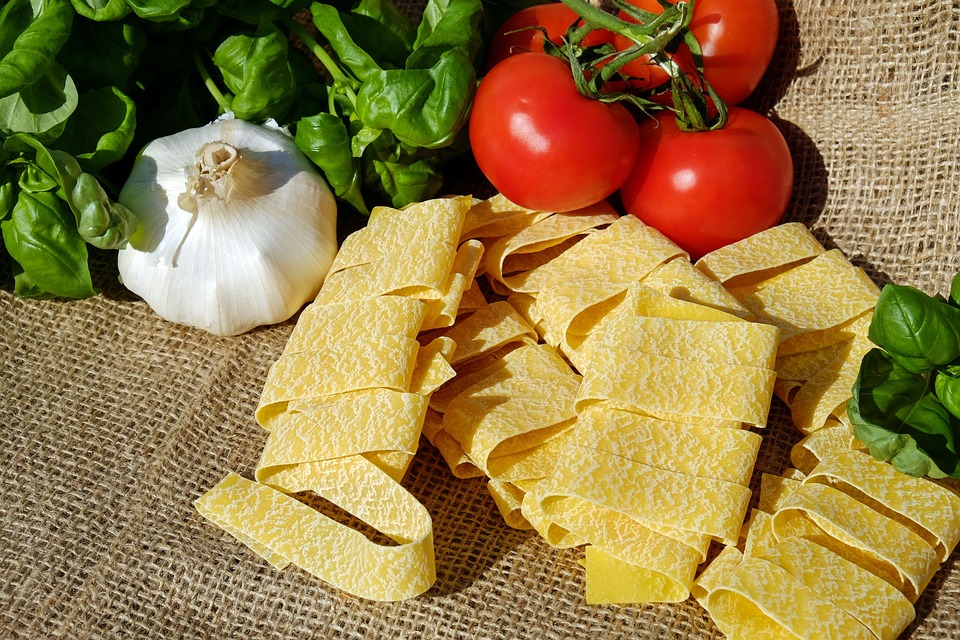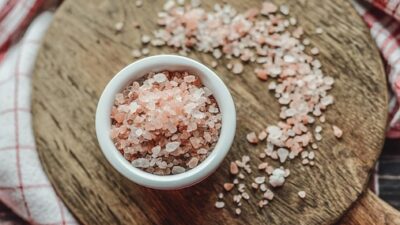As we become more conscious of our environmental impact, the food we choose to stock in our kitchens plays a crucial role in our sustainability journey. Transitioning to a greener pantry doesn’t mean sacrificing flavor or convenience—instead, it opens the door to healthier meals and eco-friendly practices. Here’s a guide to essential sustainable pantry staples that not only nourish us but also help promote a more sustainable food system.
Understanding Sustainable Pantry Staples
Sustainable pantry staples are ingredients sourced and produced in ways that minimize environmental impact and promote social responsibility. This can include organic farming methods, local sourcing, and ethical production practices. By incorporating these staples into your kitchen, you can support farmers committed to sustainable agriculture and reduce your carbon footprint.
Essential Sustainable Staples
1. Grains
-
Quinoa: A nutrient-dense grain that grows well in harsh climates, quinoa is a complete protein and requires fewer resources compared to many other crops. Look for organic or fair-trade options.
-
Brown Rice: While white rice can have a higher environmental impact due to its milling process, brown rice retains its nutrients and is more sustainable when sourced locally.
- Oats: Roll oats are a versatile staple perfect for breakfast, baking, and thickening soups. Choose organic oats to support sustainable farming practices.
2. Legumes
-
Lentils: These protein-packed legumes are water-efficient and enhance soil health as they fix nitrogen in the soil. Opt for organic lentils from local sources whenever possible.
- Chickpeas: Another powerhouse legume, chickpeas are incredibly versatile. Use them in salads, stews, or even hummus. Look for bulk options to minimize packaging.
3. Nuts and Seeds
-
Almonds: While water-intensive to grow, almonds sourced from sustainable farms can still be a good option. Consider buying in bulk to reduce packaging waste.
- Chia Seeds: These tiny seeds are packed with omega-3 fatty acids and fiber. They require minimal resources and can be added to smoothies, baked goods, or oatmeal.
4. Fats and Oils
-
Olive Oil: A staple in many kitchens, high-quality extra virgin olive oil is not only delicious but often produced sustainably in Mediterranean regions. Look for certifications that indicate responsible farming.
- Coconut Oil: Sourced sustainably, coconut oil is versatile in cooking and baking. Select fair-trade brands when possible to ensure ethical production.
5. Sweeteners
-
Raw Honey: Sourced from local beekeepers, raw honey is an excellent alternative to processed sugars and supports local ecosystems by promoting bee health.
- Maple Syrup: Harvested from maple trees, this natural sweetener is less processed than standard sugar and can be a more sustainable choice when sourced from local producers.
6. Canned and Dry Goods
-
Tomatoes: Canned tomatoes are often more sustainable than fresh, which may come from far away. Look for brands that practice sustainable farming methods or support local farmers.
- Vegetables: Dried vegetables like garlic, onions, and mushrooms can retain their nutrients for a long time and have a lower footprint than fresh produce year-round.
7. Spices and Herbs
-
Basil, Oregano, and Thyme: These herbs not only elevate the flavor of your cooking but can often be grown easily at home or sourced sustainably. Choose organic dried herbs to avoid pesticides.
- Cinnamon and Turmeric: These spices have numerous health benefits and can be sourced from companies that prioritize ethical sourcing and sustainability.
Tips for Stocking a Sustainable Pantry
-
Buy in Bulk: Reduce packaging waste by purchasing staples in bulk. Many grocery stores offer this option for grains, nuts, and spices.
-
Focus on Local Products: Prioritize local produce and grains. This not only supports your community but also reduces transportation emissions.
-
Opt for Organic: Whenever possible, select organic products that avoid harmful pesticides and promote biodiversity.
-
Mindful Portions: Avoid overbuying and ensure you consume what you stock. Reducing food waste is a critical aspect of sustainability.
- Store Properly: Ensure that all pantry items are stored in airtight containers to extend their shelf life, reducing waste.
Conclusion
Building a sustainable pantry is a step towards a greener kitchen and a healthier planet. By thoughtfully choosing your pantry staples, you can enjoy a diverse and fulfilling diet while supporting sustainable practices that benefit the environment and community. Embrace these changes gradually, and over time, you’ll notice the positive impact on both your meals and the world around you. Enjoy the journey to a greener kitchen!



